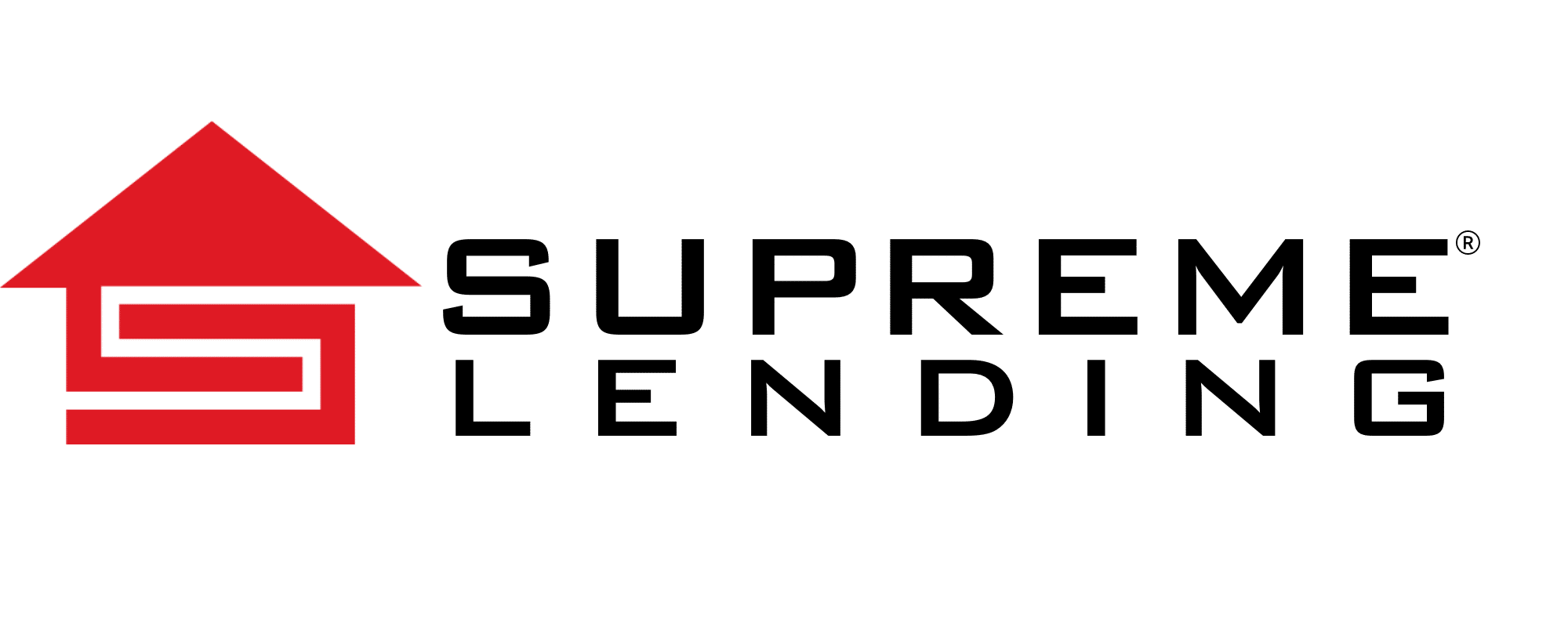
Conventional Loan Mortgage Rates: How Are They Calculated?
When shopping for a mortgage, many homebuyers choose a conventional loan, the most common type. Like the eligibility criteria for the loans, mortgage rates can also vary by the mortgage lender. We explain what factors go into determining mortgage rates so that you can get the best possible rate when you contact a loan officer.
How Are Mortgage Rates Calculated?
Conventional mortgage rates are determined by several economic and personal factors, causing differences from day to day and person to person. In addition to the personal and economic factors, your mortgage will include payment components, also known as PITI, such as:
- Principal.
- Interest.
- Taxes.
- Mortgage insurance.
What Are the Economic Factors That Affect Mortgage Rates?
Mortgage rates are greatly influenced by the current economy and can change daily. When the economy is doing well, rates tend to be higher. Other economic factors that will affect your conventional loan rate include:
- The Federal Reserve: Has the power to increase or decrease short-term interest rates.
- The bond market: Controls some mortgages that are a part of mortgage bonds or mortgage-backed securities.
- Secured overnight finance rate: Fee charged between the banks for borrowing money overnight.
- Constant maturity treasury: Rates banks use to set their adjusted rate mortgages.
- Inflation: When inflation is up, interest rates also increase, and vice versa.
What Are the Personal Factors That Affect Mortgage Rates?
Your personal financial history also plays an essential part in your mortgage lender’s determination of your mortgage rate. Although lenders have their own criteria, these are the eight most influential personal factors:
- Your credit score. Scores over 720 receive better rates.
- Where your home is located. Rates can vary by city and state.
- How you plan to use your home. First homes and primary residences typically receive lower rates than vacation homes and rental properties.
- The purchase price of the home and the total amount of the loan. The more you borrow, the higher the mortgage rates.
- The amount you have for the down payment amount. The larger the down payment, the less you have to borrow, resulting in lower rates.
- Your loan repayment terms. Longer terms like 30 years have higher rates than shorter terms such as 15 years.
- Your loan type and the interest rate associated with your loan interest rate type. Rates vary for fixed- and adjustable-rate mortgages.
- Closing costs and any points paid at closing.
Most lenders offer different interest rates to different types of borrowers, reserving their best rates for those they consider the best borrowers — homebuyers with credit scores over 720 and little to no debt.
Now that you know the factors that affect conventional loan rates, contact one of our loan officers today. Supreme Lending is your full-service Houston mortgage lender. Let us find the right mortgage for you, from conventional loans to refinancing, we’ll guide you through the home-buying process.
Explore our programs and processes.


